We’ll do it right, Penny Wong tells the Pacific
Foreign Minister Penny Wong has promised Pacific leaders Australia will do more in the region and ‘do it differently’.
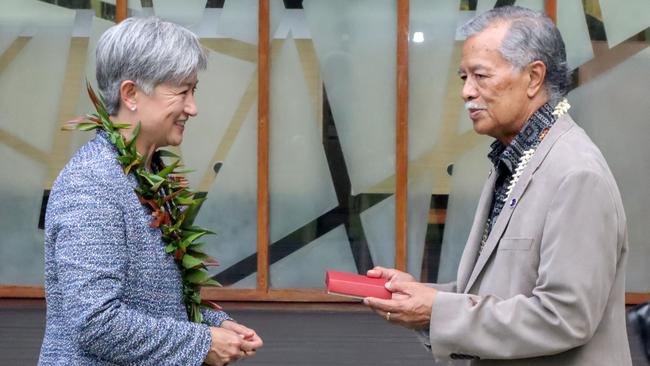
Foreign Minister Penny Wong has promised Pacific leaders that Australia will do more in the region and “do it differently”, taking “real action” on climate change and supporting partners “with no strings attached”.
Amid surging Chinese efforts to co-opt Pacific nations with pledges of security and economic support, Senator Wong told the Pacific Island Forum in Fiji that Australia believed in “true partnerships”, and respected Pacific priorities.
She said past Australian governments had ignored the region’s calls to act on climate change, “disrespecting Pacific nations in their struggle to adapt to what is an existential threat”.
Last weekend’s election showed “a huge groundswell of support for taking real action on the climate crisis”, which the Albanese government was “firmly committed to”, Senator Wong said.
Her visit, four days after being sworn in, came as Chinese Foreign Minister Wang Yi embarked on an unprecedented eight-nation regional trip, offering 10 Pacific nations a new policing, security and trade agreement.
Alluding to the proposed deal, Senator Wong declared: “We are a partner that won’t come with strings attached, nor impose unsustainable financial burdens.
“We are a partner that won’t erode Pacific priorities or institutions. Instead, we believe in transparency.”
Senator Wong, who will return to Suva in mid-July with Anthony Albanese for a PIF leaders’ meeting, said Australia’s and the Pacific’s security and prosperity were intertwined.
She said Australia respected the rights of nations to make their own sovereign decisions, but warned that “these are decisions which affect other nations and the region as a whole”.
Senator Wong also suggested the proposed China deal could have long-term negative consequences for the region, urging Pacific leaders to consider “where a nation might wish to be in three or five or 10 years”.
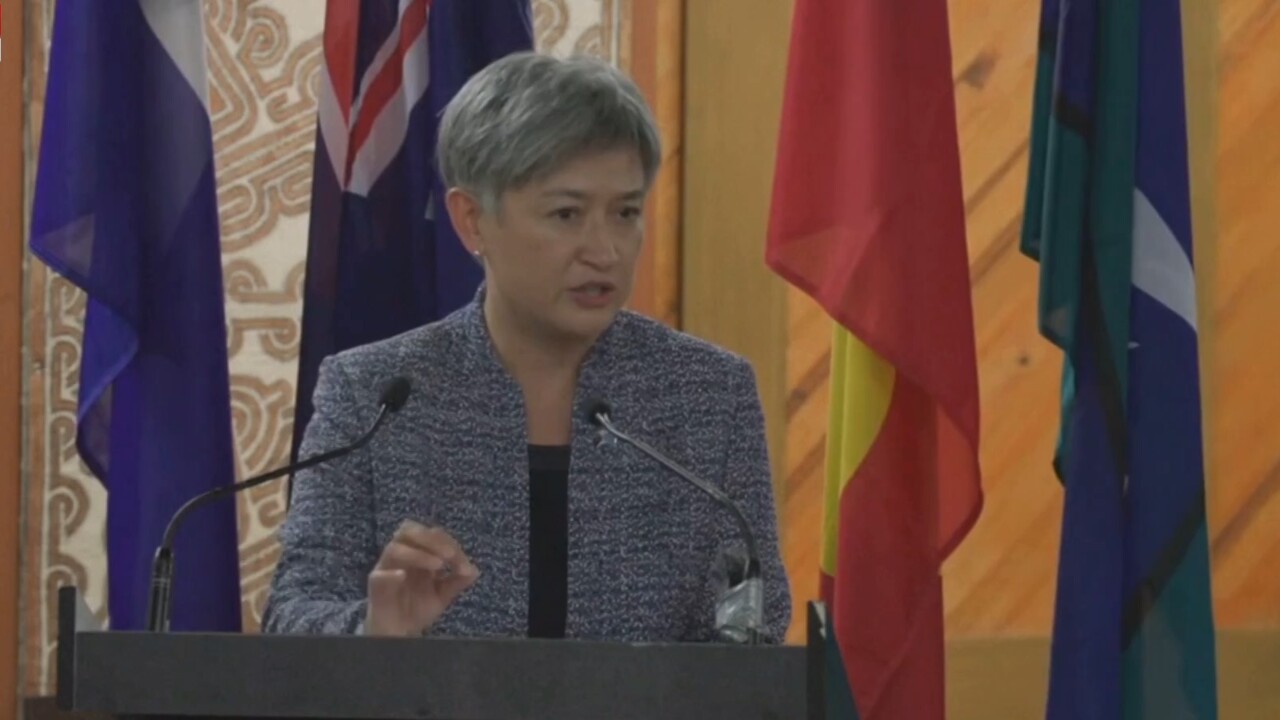
She vowed Australia would “remain a critical development partner for the Pacific family” in coming years, supporting “the long-term stability and security of the Pacific”.
Senator Wong said Australia would deepen defence and maritime co-operation with the region, deliver climate resilient infrastructure, and expand opportunities for Pacific workers.
Reiterating Labor’s election policies, she said Pacific workers would be able to bring their families with them to Australia, and 3000 permanent residency visas would be granted each year to applicants from within the region.
“We welcome the contribution people of Pacific heritage bring to Australia,” Senator Wong said.
“We want to look at ways we can continue to build upon those links. Australia will do more, and will do it differently.”
After years of tensions between Pacific leaders and the Morrison government over climate change policy, PIF secretary-general Henry Puna said Senator Wong had “reframed” Australia‘s relationship with the region.
“I welcome your government‘s recognition of the ongoing climate crisis and your strong commitment to work with us to address this,” he said.
Earlier, the Prime Minister said Australia was paying a “heavy price” for cuts to aid under the Morrison government and vowed Australia would “step up, not step back” in responding to escalating geopolitical threats.
“The truth is that international aid is not only the right thing to do to developing countries, it is in our national interest to engage and to provide support to developing nations,” he told Sky News.
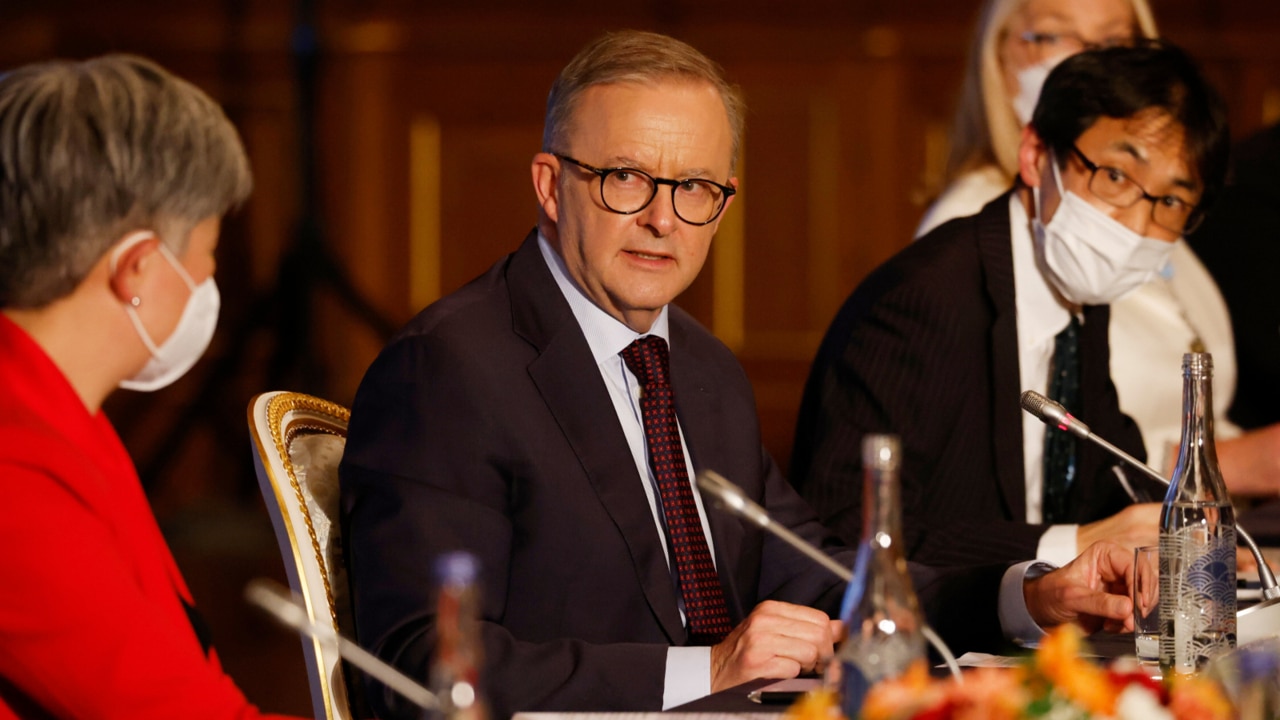
China’s Foreign Minister arrived in Solomon Islands on Thursday, where he was expected to sign a security agreement with the Sogavare government that Australian and US officials fear could open the way to a Chinese base less than 2000km off Cairns.
However, Mr Wang said China had “no intention at all” of building a military base in Solomon Islands, AFP reported. The Chinese minister dismissed international concerns about the security agreement, saying it was “above board, with honesty and integrity”.
Other agreements with China are likely, including a “Blue Economy” memorandum of understanding, first revealed by The Australian, to build wharves, shipyards and submarine cables.
In a statement on the visit, China said the Solomons supported President Xi Jinping’s “global development initiative” and “looks forward to learning from China’s experience in governance”. It said Solomon Islands Foreign Minister Jeremiah Manele welcomed Mr Wang’s “historical visit” as a “milestone” of the bilateral relationship, and praised China as “a close friend”.
Mr Wang will visit Fiji, Kiribati, Samoa, Tonga, Vanuatu, Papua New Guinea and East Timor.
At a meeting with 10 Pacific counterparts in Suva on Monday, he will seek support for an agreement promising a new China-Pacific free-trade agreement, and “co-operation in … traditional and non-traditional security”.
The plan would facilitate everything from deployment of Chinese police to visits by “art troupes”.
Flights between China and the Pacific Islands would increase, and Beijing would appoint a regional envoy and provide 2500 government “scholarships”.
Strategists said the plan was ultimately aimed at choking off maritime access to Australia and New Zealand.
Additional reporting: Heidi Han
More Coverage
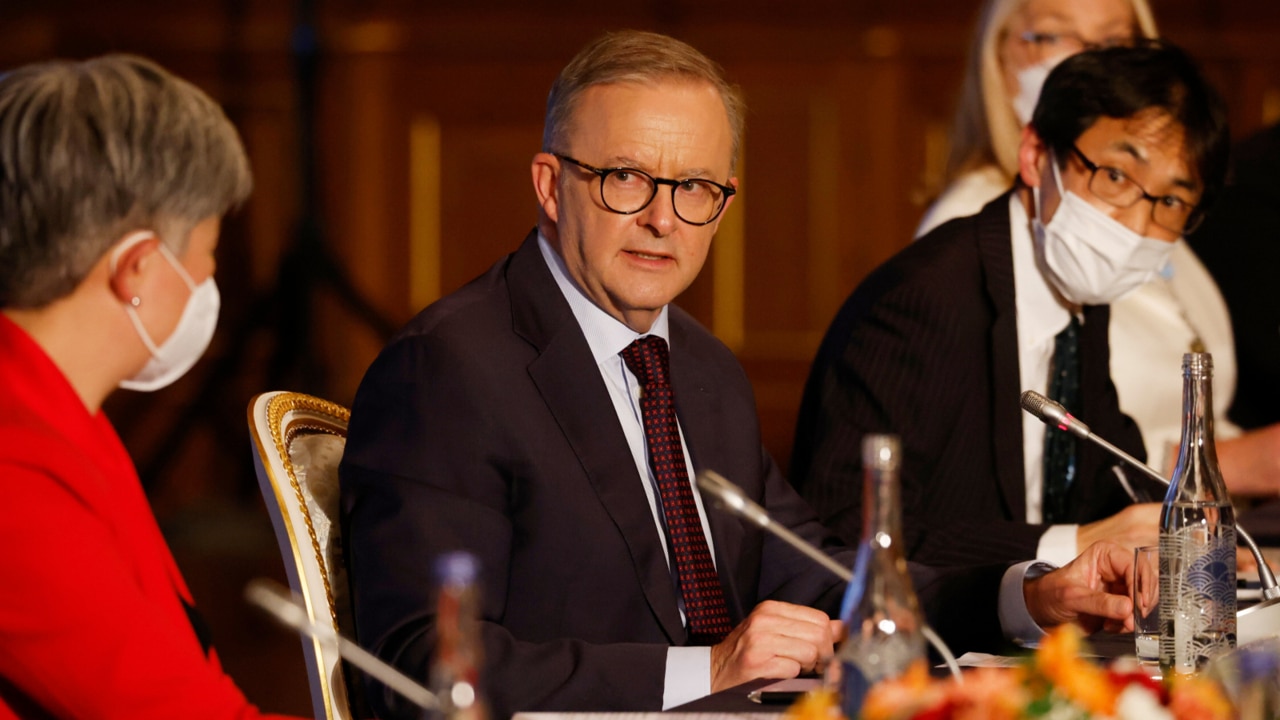



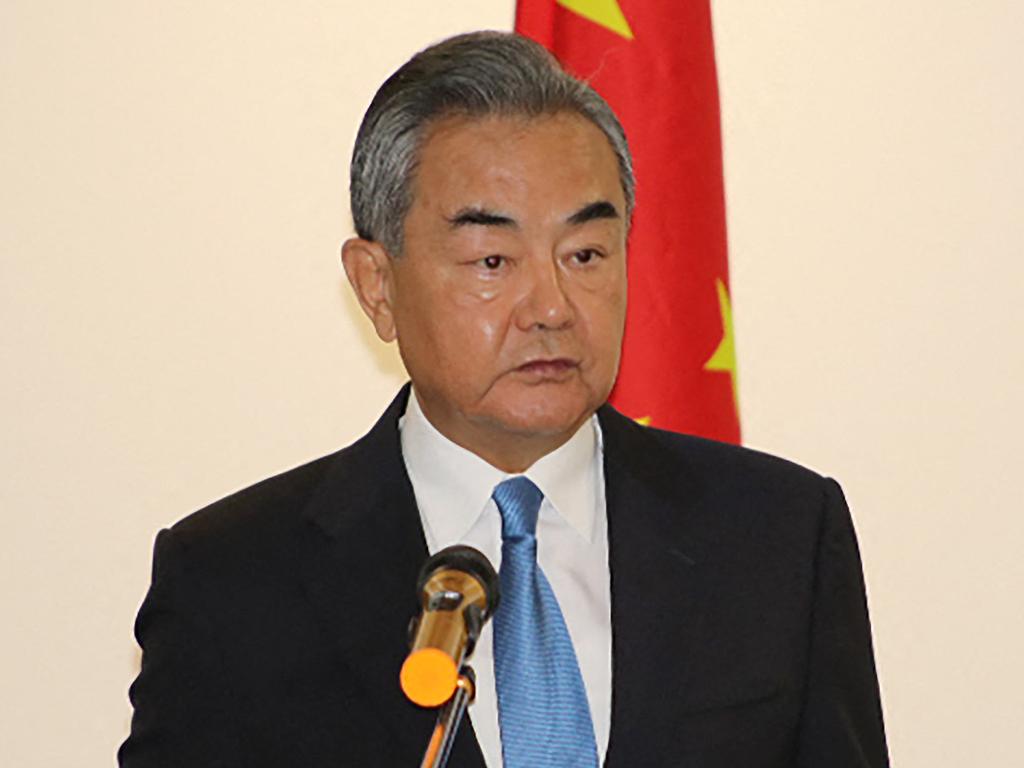
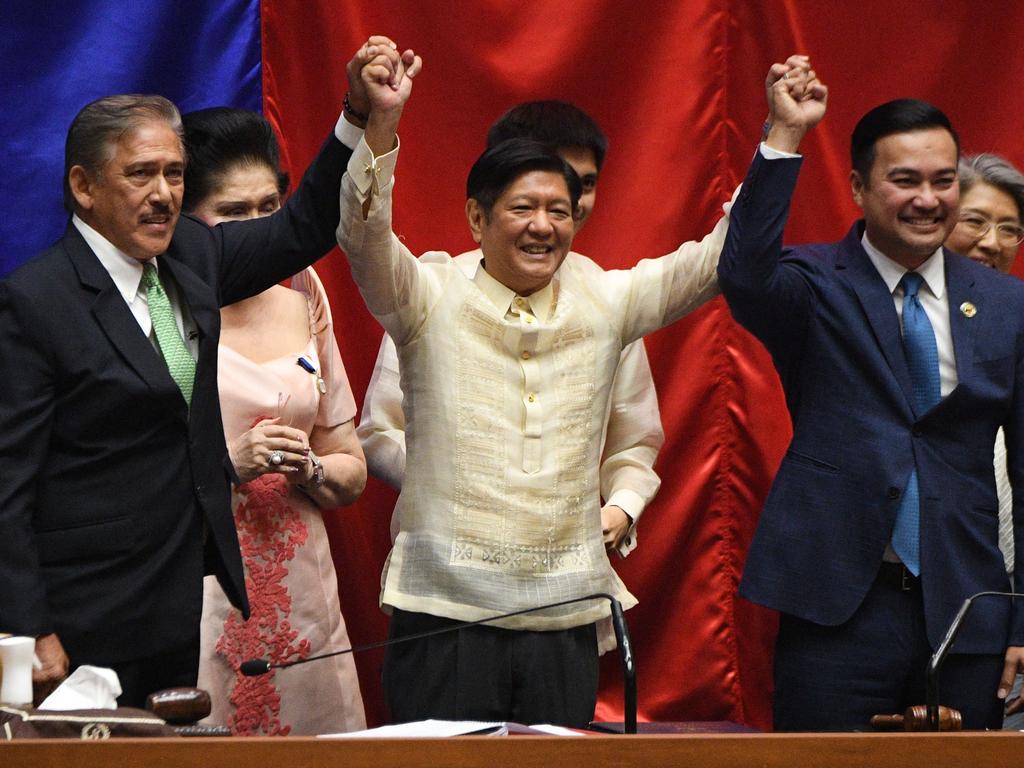


To join the conversation, please log in. Don't have an account? Register
Join the conversation, you are commenting as Logout